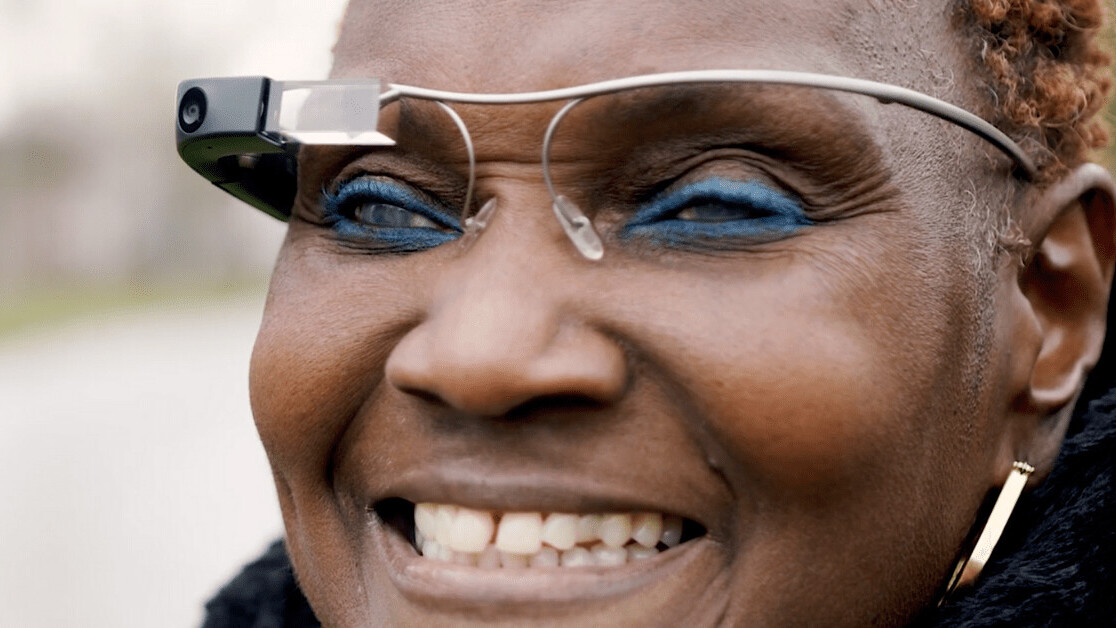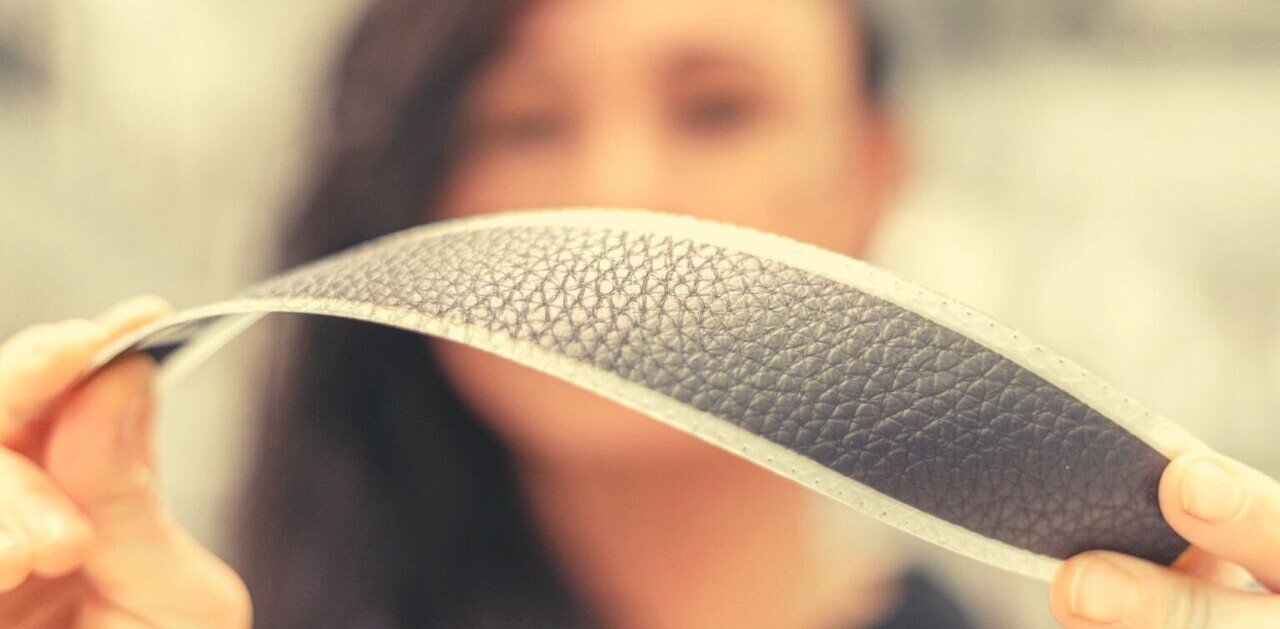A Dutch startup has teamed up with Google Glass to create a set of AI-powered spectacles that help blind and visually-impaired people to see.
The glasses extract visual information from images of people, belongings, and public transport, and then speaks about them out loud. It can read text from books, name friends by analyzing their faces, and describe surroundings such as train signs and street hazards.
The wearer could use the glasses to read a recipe from a cookery book, get to the grocery store, find ingredients on the shelves, and then return home to prepare the dish.
[Read: The most compelling tech tools to assist the visually impaired]
Check out how it works in the video below.
The tool was developed by Envision, a company based in The Hague.Envision claims the software is the fastest and most accurate OCR (Optical Character Recognition) available, and capable of reading any text from more than 60 languages scrawled on any type of surface, from food labels to handwriting.
New life for Google Glass?
Envision developed the software for the much-maligned Google Glass, which flopped as a consumer product but lives on in the enterprise as a hands-free computing assistant in warehouses and factory floors.
Pre-orders for the smart glasses began today, at a reduced starting price of $1,699. They will retail for $2,099 once shipping begins in August 2020.
The price tag puts the product out of reach for many of the estimated 253 million living with a visual impairment, but it could dramatically improve the independence of those who can afford it. It may even prove that Google Glass wasn’t such a bad idea after all.
Get the TNW newsletter
Get the most important tech news in your inbox each week.





